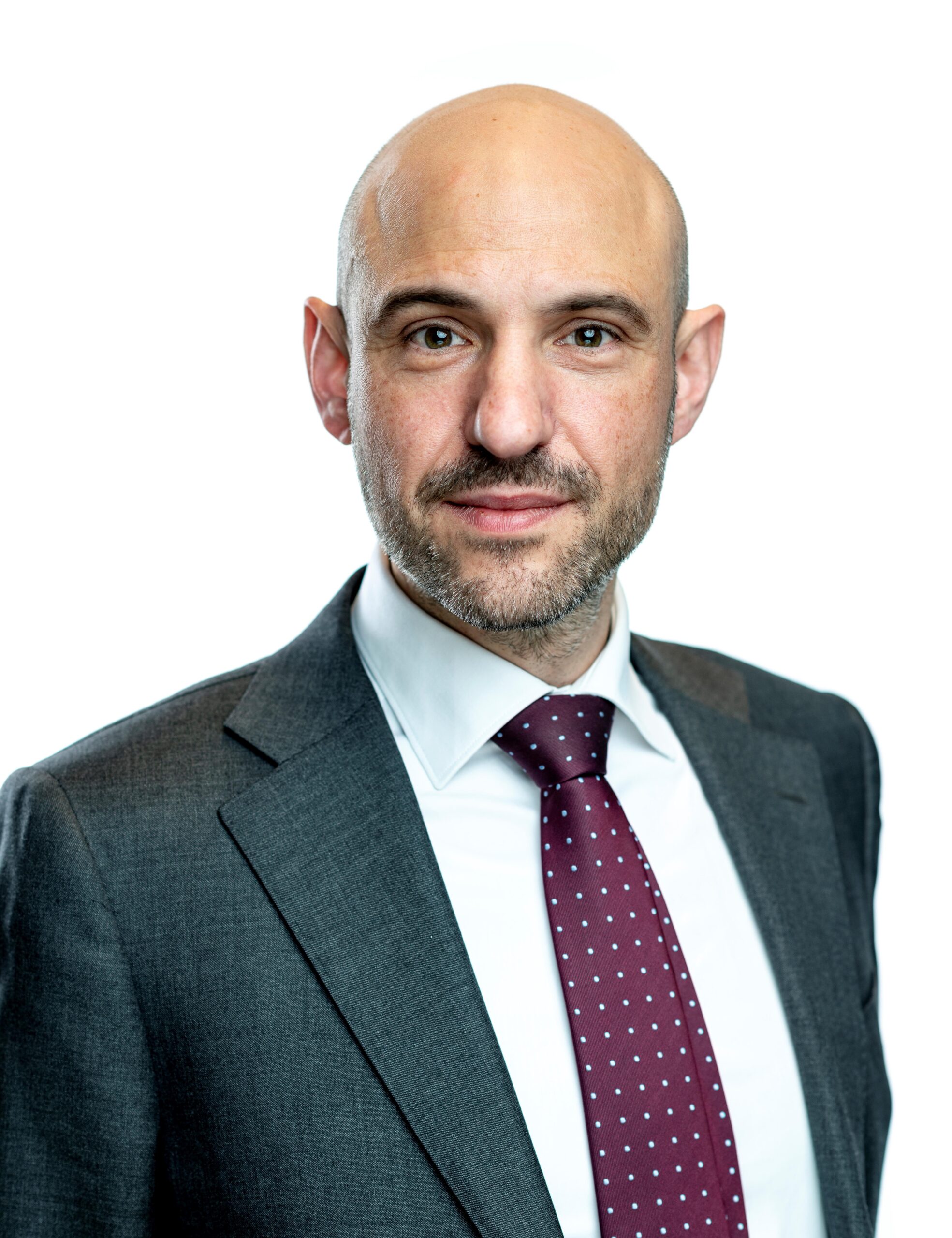Last month, ip fray started its series of conversations with Unified Patent Court (UPC) judges by interviewing Judge Dr. Walter Schober (Vienna Local Division). The primary objective is to give patent litigators a better idea of different judges’ background and thinking, initially with a focus on judges who were lesser-known in the pre-UPC era.
This week, ip fray‘s founder talked to Judge András Kupecz (legally qualified judge at the Munich section of the Central Division), who, before becoming a UPC judge, worked as a dual-qualified patent attorney and an attorney-at-law and frequently joins the panels of UPC Local Divisions, particularly in Germany, most often in Munich..
ip fray: Judge Kupecz, there are several aspects about your background and your work on the UPC that gave rise to this invitation to speak, which you thankfully accepted. Let’s start with multilingualism. In how many languages have you heard UPC cases?
Judge Kupecz: Three — typically English on the Central Division, frequently German, and also Dutch, sitting on the Brussels Local Division.
ip fray: There’s a scarcity of French-language UPC cases. If called upon, could you handle that as well?
Judge Kupecz: That would work. Language is never a barrier for us. In our pool of judges, we have a great diversity of language skills and where necessary, we can use the available translation and interpretation services..
ip fray: Do you and your colleagues primarily use English for your internal communications?
Judge Kupecz: Yes, the Court’s internal working language (for example for group communications) is English. Informally between colleagues, it depends. It’s probably similar to what you would see in other international organizations: we sometimes start a conversation in German and follow up in English or even switch languages within the same conversation.
ip fray: Do you usually meet face to face?
Judge Kupecz: We are a fully digital court and we all work from different places, especially with the pool of Technically Qualified Judges being rather dispersed. We can do our work from any location and our preparations are often online. We do a lot of video conferencing among us judges and this works quite well in practice. That said, of course, most of our hearings are in person and we do meet occasionally as a group for training purposes.
ip fray: Do you enjoy working internationally?
Judge Kupecz: Definitely, and I’m pretty sure all of us like it. If not, you would not choose to serve on this Court. While I was in private practice, I was part of cross-jurisdictional teams. Now I’m working with my colleagues on the UPC, interacting with different legal traditions and cultures to find the right solutions for this new Court.
ip fray: We were going to talk about your career path. In the U.S. and the UK judges typically work in private practice before they get appointed to the bench. In continental Europe, not that much. What attracted you to the UPC?
Judge Kupecz: As a lawyer, I practiced at international law firms and was a solo practitioner for many years. It was a great time, but you must always fight for your client and take one-sided views.. What is so great about my current role is that we get to hear both sides of the story and then decide.
ip fray: The UPC then created an opportunity for that career move?
Judge Kupecz: Actually, I had been thinking about moving to the bench for quite some time. When the UPC came to life, it was of course a unique opportunity. A huge development in European patent law. I feel very privileged to be part of it getting to work with so many great colleagues.
ip fray: In what UPC venues have you been active so far?
Judge Kupecz: Munich Section of the Central Division, Vienna, all four German Local Divisions and Brussels.
ip fray: But not The Hague, right?
Judge Kupecz: Right, but the likelihood for that is also very low because the third legally qualified judge will have to be of a different nationality and the two legally qualified judges there are already Dutch.
ip fray: How far along do you think the Court is with the development of its body of case law?
Judge Kupecz: We’re obviously still in the early stages. There are so many substantive and procedural issues to decide, which ultimately the Court of Appeal will do step by step. It requires time and it will never end because there will always be new issues. On the other hand, if you look at the number of cases currently before the UPC and that we adjudicate them rather swiftly as the drafters of our rules had in mind, many of those issues are likely to get clarified in the coming months to years.

